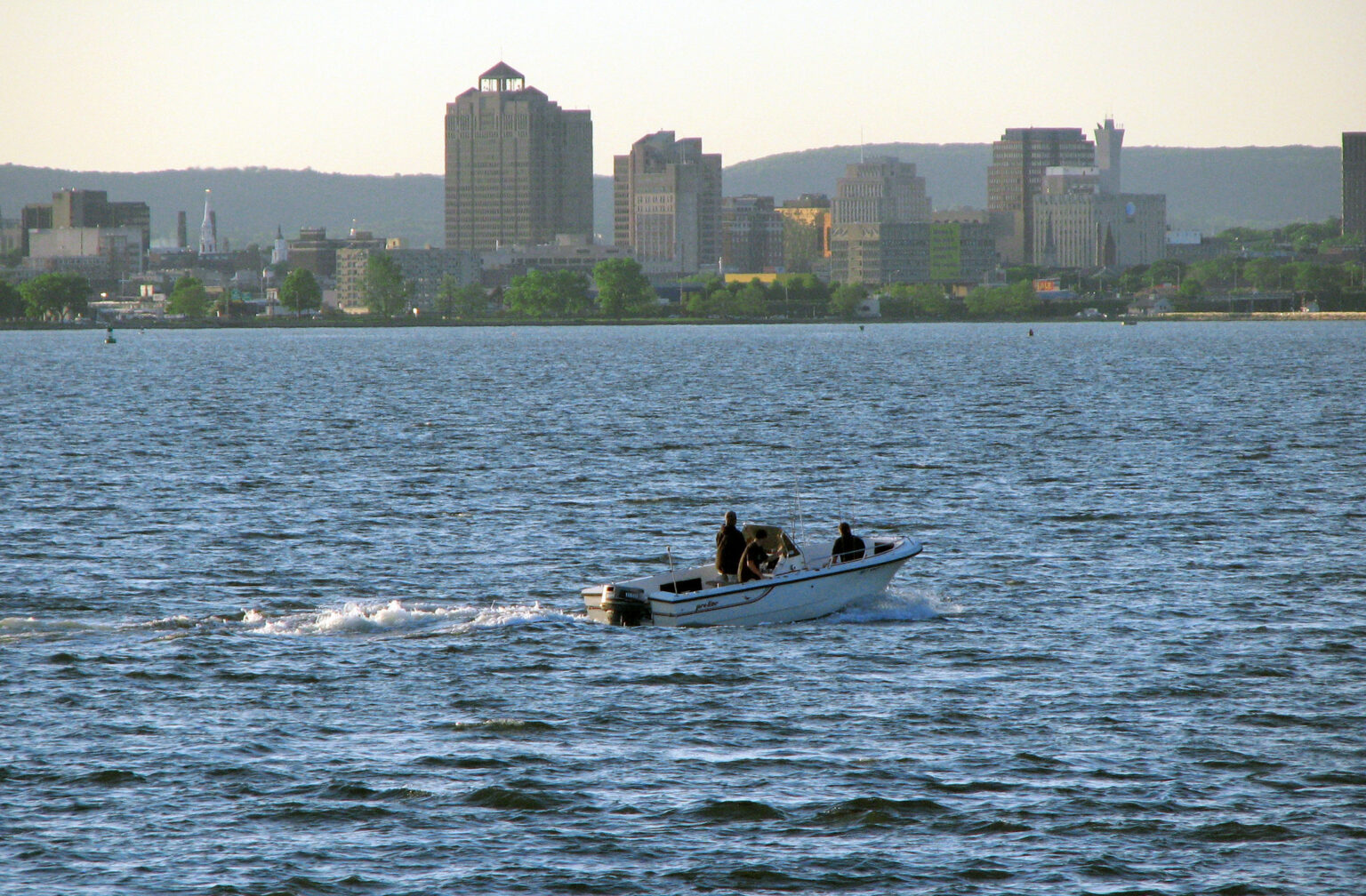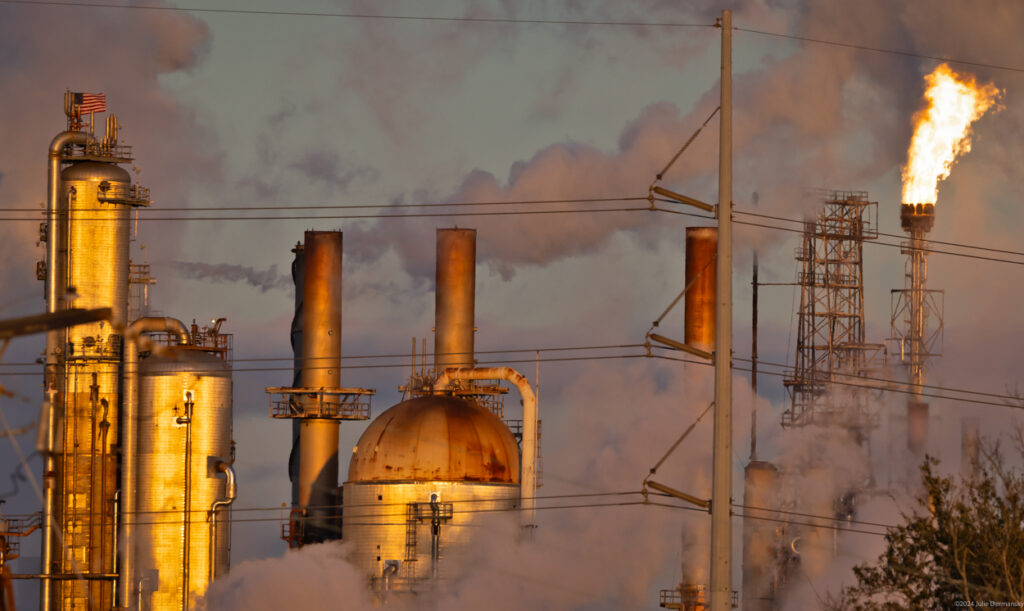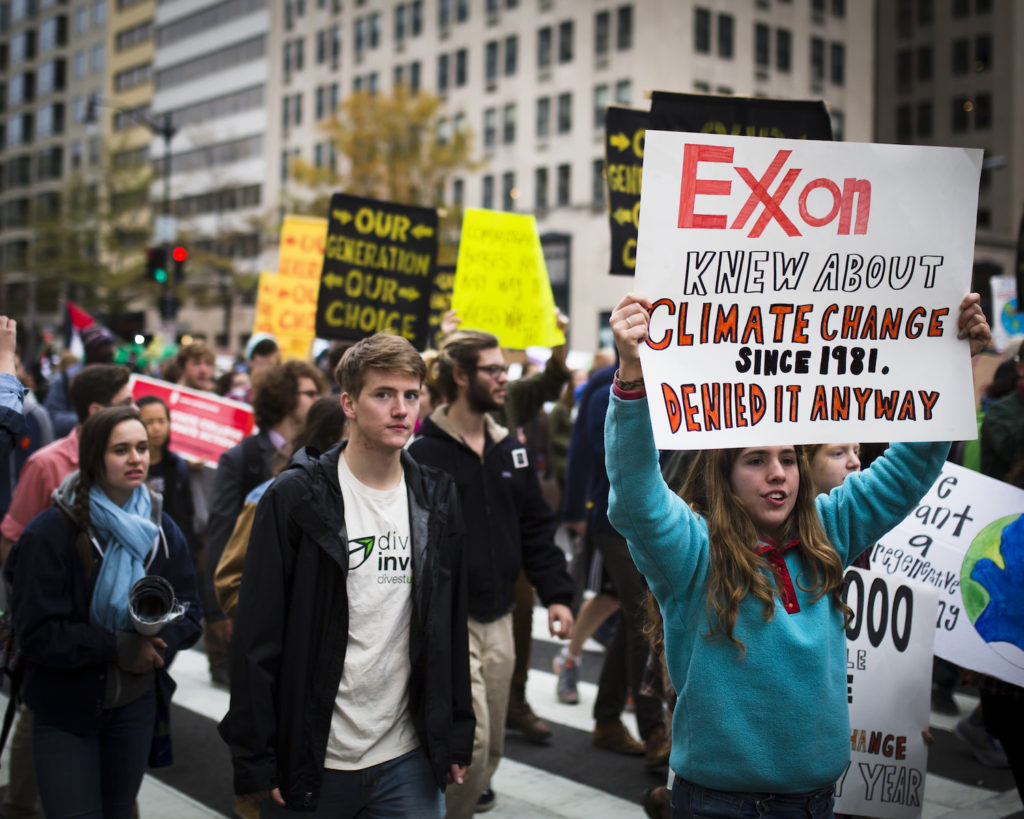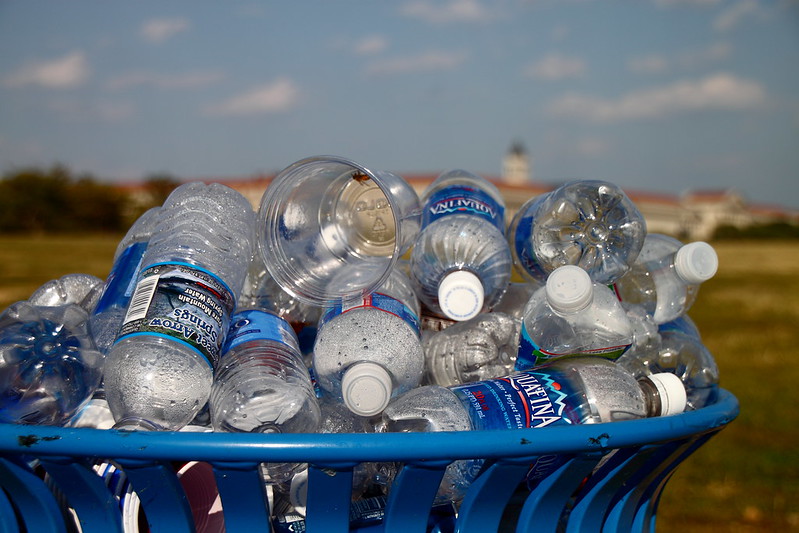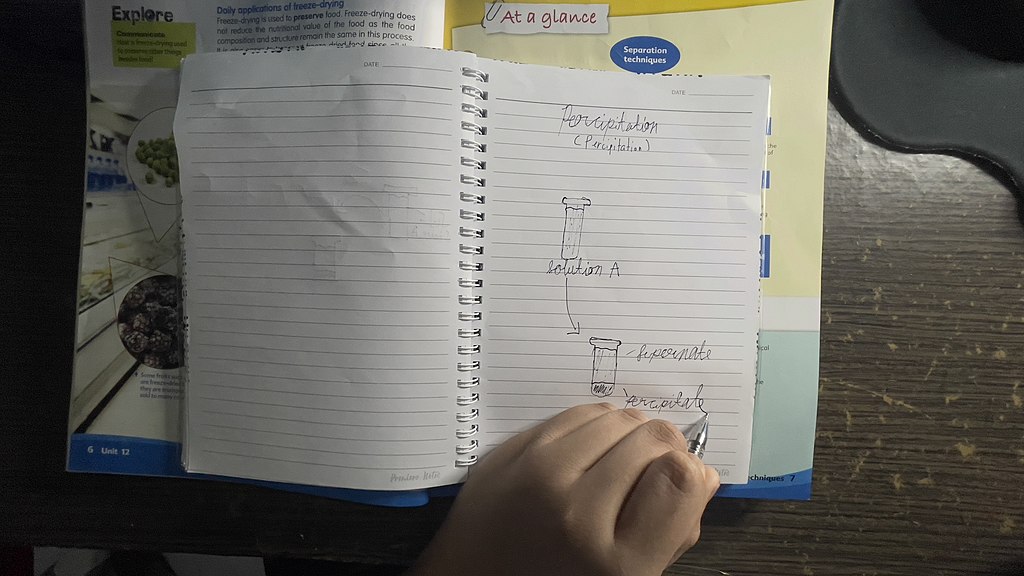A Connecticut judge last week rejected Shell’s latest attempt to quash a climate lawsuit accusing the company of disregarding the severe climate change-driven risks to its fuel and chemical depot on the east bank of New Haven Harbor.
The ruling, coming about a year after the federal district court in Connecticut denied Shell’s motion to dismiss the lawsuit, means that a trial in the case could start sometime in 2024.
During the October 19 hearing, Shell argued that under the New Haven terminal’s Clean Water Act permit, the company is not obligated to consider climate change factors in its design and operations. While the permit specifies that Shell must apply “best industry practice” to minimize pollution discharge, the company held, it does not explicitly mention climate change.
Judge Jeffrey Meyer rejected Shell’s argument “in quite strong terms,” and suggested setting a trial date for May, according to Chris Kilian, vice president of strategic litigation at the Conservation Law Foundation and one of the attorneys in the case, which CLF brought in 2021.
CLF has charged that Shell’s failure to account for climate change puts the neighborhoods and environment around the company’s terminal on New Haven Harbor — an inlet on the north shore of Long Island Sound, roughly 80 miles northeast of New York City — at high risk of being swamped with oil and toxic chemicals during climate crisis-driven extreme storms or flooding.

Kilian said Shell’s stance is essentially “a climate denial position,” and inconsistent with its own recent public and regulatory disclosures.
In its 2022 annual report to the U.S. Securites and Exchange Commission, Shell acknowledged that “increases in temperature and sea levels and fluctuations in water levels could also adversely affect our operations and supply chains.”
And in a Climate Change 2023 Information Request to the Carbon Disclosure Project, Shell wrote that “climate variability is considered in the design and operation of our assets and infrastructure to minimize the risk of adverse incidents to our employees and contractors, the communities where we operate, our equipment and infrastructure.”
Kilian said the company should be held accountable for these statements. “Shell is saying we haven’t considered these [climate factors], we don’t have to consider them, and in fact the case should be thrown out because these risks are speculative and only occurring in the future,” he told DeSmog. “That is fundamentally inconsistent with their disclosures to the Carbon Disclosure Project and the SEC, and with their own long standing knowledge of climate risks.”
Judge Meyer ruled that mere absence of explicit language in the permit was not enough to toss out the lawsuit. Whether “best industry practice is to consider climate change factors is a factual question that the Court cannot resolve at this time,” he said, according to the court record.
In an emailed statement to DeSmog, a Shell spokesperson termed CLF’s allegations “unfounded,” and said the company’s position is that they “should be addressed as part of the existing regulatory process, not by the courts.”
“The New Haven Terminal is committed to protecting the environment, respecting our neighbors, and setting high environmental standards in line with regulatory requirements,” the spokesperson stated.
Killian said that the case is currently on track to go to trial in the fall of 2024, rather than during the spring as Judge Meyer recommended, because Shell has “flatly refused” to provide CLF with any information about its own knowledge of climate change risks and engineering standards, or application of best industry practices to address these physical risks at its own facilities.
“They’ve really stonewalled us on discovery,” Kilian told DeSmog, referring to the pre-trial, evidence-gathering phase of litigation. “Realistically, we’re concerned that it’s not going to be easy to get to trial by May.”
This case is one of several that CLF has filed against oil companies operating in New England, including another lawsuit against Shell in Rhode Island, and a similar case targeting Gulf Oil over its New Haven terminal.
CLF has also sued ExxonMobil over its oil terminal on the Mystic River in Everett, Mass. just north of Boston. Exxon put the facility up for sale last year, and is trying to get the suit thrown out on the ground that it has ceased operations at the terminal.
Shell and other oil majors are currently facing a barrage of litigation nationwide, including several cases brought by state attorneys general alleging that the industry defrauded consumers by denying or downplaying the risks of burning fossil fuels, despite knowing for decades that doing so would destabilize the climate.
CLF’s suit against Shell in Connecticut is one of just a few of these climate cases that have progressed to discovery. In Massachusetts, discovery is underway in a climate-focused consumer fraud case brought by the state’s attorney general against Exxon in 2019. And in April, a judge in Rhode Island granted limited discovery in a climate damages case filed by the state against Shell and other oil and gas companies in 2018.
Subscribe to our newsletter
Stay up to date with DeSmog news and alerts


